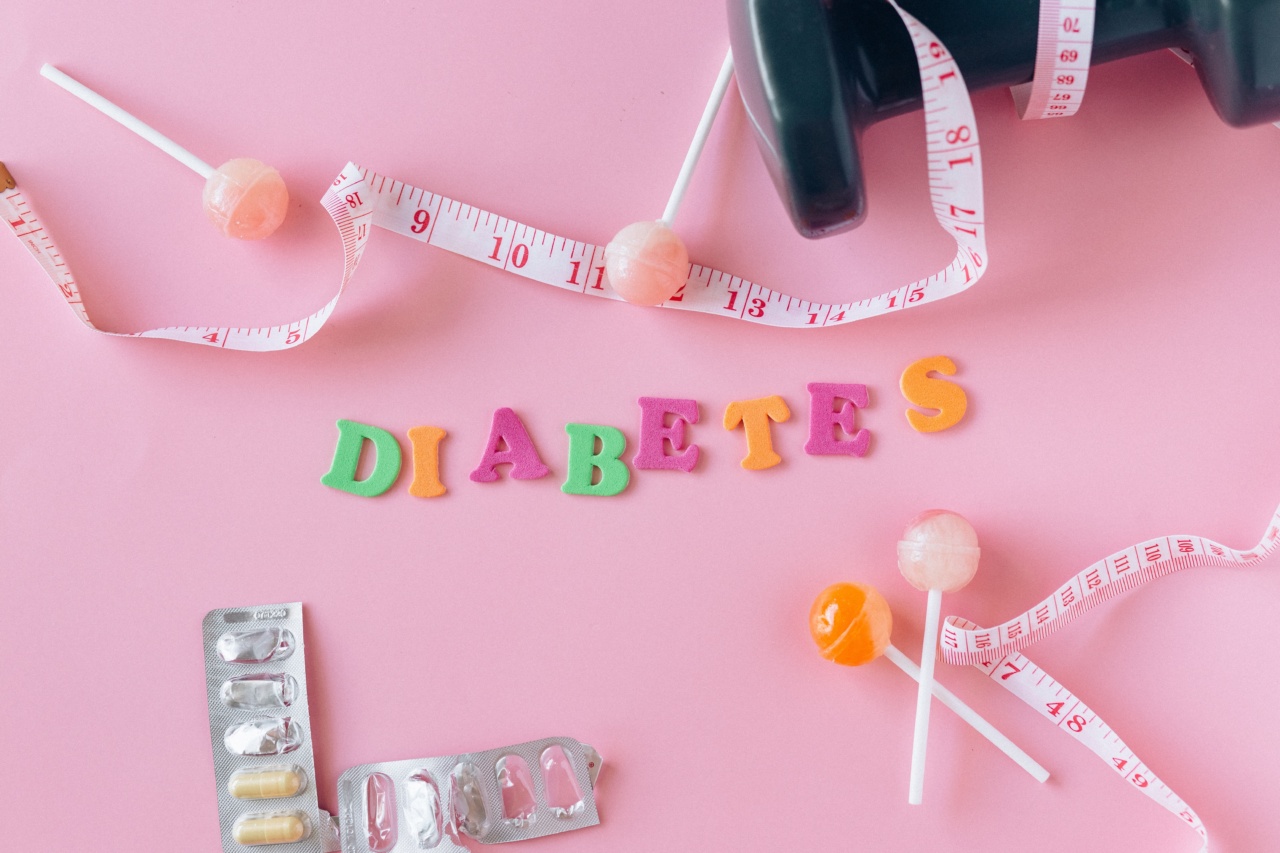For individuals who need to manage their blood glucose levels, finding alternatives to sugar can be a sweet solution. Low-calorie sweeteners provide a way to satisfy your sweet tooth without causing spikes in blood sugar levels.
In this article, we will explore the benefits and drawbacks of low-calorie sweeteners and their impact on glucose control.
The Need for Glucose Control
Managing blood glucose levels is essential for individuals with diabetes or prediabetes. High blood sugar levels can lead to complications such as heart disease, kidney damage, and nerve damage.
It’s crucial to find strategies to control and maintain healthy blood glucose levels.
Understanding Low-Calorie Sweeteners
Low-calorie sweeteners, also known as artificial sweeteners or sugar substitutes, are sugar alternatives that provide a sweet taste without the calories or significant impact on blood sugar levels.
These sweeteners are often used as sugar substitutes in foods and beverages, making them an attractive option for those seeking to manage their glucose levels.
The Benefits of Low-Calorie Sweeteners
There are several benefits to using low-calorie sweeteners for glucose control:.
1. No Impact on Blood Sugar Levels
One of the significant advantages of low-calorie sweeteners is that they do not cause spikes in blood sugar levels.
Since these sweeteners are not metabolized by the body in the same way as regular sugar, they have limited, if any, impact on glucose control.
2. Reduced Calorie Intake
Low-calorie sweeteners provide a way to satisfy your sweet cravings without adding excessive calories to your diet.
By replacing sugar with low-calorie sweeteners, you can enjoy sweet flavors without compromising your calorie intake or weight management goals.
3. Versatility in Food and Beverage Choices
Low-calorie sweeteners can be used in a wide variety of food and beverage products, making it easier to incorporate them into your diet.
Whether you want to sweeten your morning coffee, enjoy a cold beverage, or bake a delicious dessert, low-calorie sweeteners can be a versatile choice for enhancing the taste of your favorite treats.
The Drawbacks of Low-Calorie Sweeteners
While low-calorie sweeteners can be beneficial for glucose control, it is important to consider some potential drawbacks:.
1. Taste Differences
Low-calorie sweeteners often have a slightly different taste compared to regular sugar. Some people may find the taste unappealing or have difficulty adjusting to the flavor profile.
It’s essential to experiment with different options to find a low-calorie sweetener that suits your palate.
2. Limited Baking Capabilities
When it comes to baking, low-calorie sweeteners may have limitations. Regular sugar provides not only sweetness but also volume and texture to baked goods.
Substituting low-calorie sweeteners in baking recipes may require additional adjustments to ensure the desired results.
3. Potential for Overconsumption
While low-calorie sweeteners provide a way to satisfy your sweet cravings without adding excessive calories, it’s important to consume them in moderation.
Some studies suggest that consuming artificial sweeteners may lead to overeating, as the brain does not receive the same satiety signals as it does with regular sugar.
Choosing the Right Low-Calorie Sweetener
With various low-calorie sweeteners available on the market, it can be challenging to choose the right one. Here are some popular options to consider:.
1. Stevia
Stevia is a natural sweetener derived from the leaves of the Stevia rebaudiana plant. It is calorie-free and does not raise blood sugar levels.
Stevia is known for its high sweetness potency, so only a small amount is needed to sweeten foods and beverages.
2. Sucralose
Sucralose is an artificial sweetener derived from sugar. It is calorie-free and does not affect blood sugar levels. Sucralose is often used in products like diet beverages, chewing gum, and low-calorie desserts.
3. Erythritol
Erythritol is a sugar alcohol that occurs naturally in some fruits. It has virtually no calories and does not impact blood sugar levels. Erythritol has a taste similar to sugar and is often used as a bulk sweetener in baking recipes.
The Bottom Line
Low-calorie sweeteners can be a valuable tool for individuals looking to manage their blood glucose levels. These sugar substitutes offer a way to enjoy sweetness without the negative impact on glucose control.
However, it’s essential to choose low-calorie sweeteners wisely and consume them in moderation to avoid potential drawbacks.


























